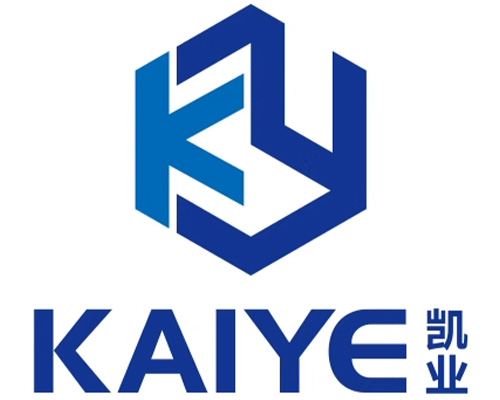As industrial manufacturing accelerates in 2025, the hardware sector continues to evolve with breakthroughs in precision machining, surface treatment, and production automation. Hardware components, often seen as small but critical, are now at the forefront of technological innovation, especially in sectors such as construction, automotive, electronics, and smart home systems.
CNC Precision Machining – Higher Accuracy, More Complexity
Advanced CNC machining remains central to high-quality hardware production. In 2025, the newest generation of CNC machines offers:
Repeatable positioning accuracy within ±0.005 mm
5-axis simultaneous machining for complex 3D geometries
AI-powered vision systems and tool wear monitoring, increasing automation and consistency
These machines are widely used to produce high-strength stainless steel hinges, precision lock cores, and aerospace-grade threaded fasteners.
Eco-Friendly & High-Performance Surface Finishing
To meet both functional and environmental standards, modern hardware production emphasizes advanced surface treatments, including:
Trivalent Chromium Plating (Cr³⁺)
A safer, RoHS-compliant alternative to hexavalent chromium with excellent adhesion and brightness.PVD (Physical Vapor Deposition) Coating
Popular for stainless steel handles and decorative hardware, offering durable, corrosion-resistant metallic finishes.Black Oxide Treatment
Common for carbon steel tools to improve rust resistance and oil retention, enhancing performance during assembly.
High-Precision Die Casting + Automated Deburring Lines
Die casting remains essential for aluminum and zinc alloy hardware components. Key improvements in 2025 include:
Adoption of semi-solid die casting (thixoforming) to reduce porosity and improve part density
Fully automated shot blasting and CNC deburring lines for consistent surface finishing and reduced labor costs
New high-thermal-conductivity alloys used in heat-dissipation and electronic housing components
Smart Manufacturing with MES & Product Traceability
Smart factory practices are increasingly adopted across the hardware sector:
MES (Manufacturing Execution Systems) enable real-time tracking of order progress, equipment status, and quality reports.
QR code marking systems give each batch of products a unique ID, facilitating traceability for quality assurance and after-sales service.
Case Study: Hidden Hydraulic Door Hinge for German Client
A Guangdong-based hardware manufacturer recently developed a custom concealed hydraulic door hinge for a client in Germany. The technical highlights include:
Hinge arms machined from solid 304 stainless steel using CNC
Built-in high-temperature silicone oil damping system
PVD titanium black coating with 500+ hours salt spray resistance
The project has entered full production, with over 10,000 sets exported monthly.
The hardware industry is shifting from low-cost competition to high-precision, value-added production. Companies that invest in advanced technology, eco-friendly processes, and smart factory systems will lead the way in both domestic and global markets.

